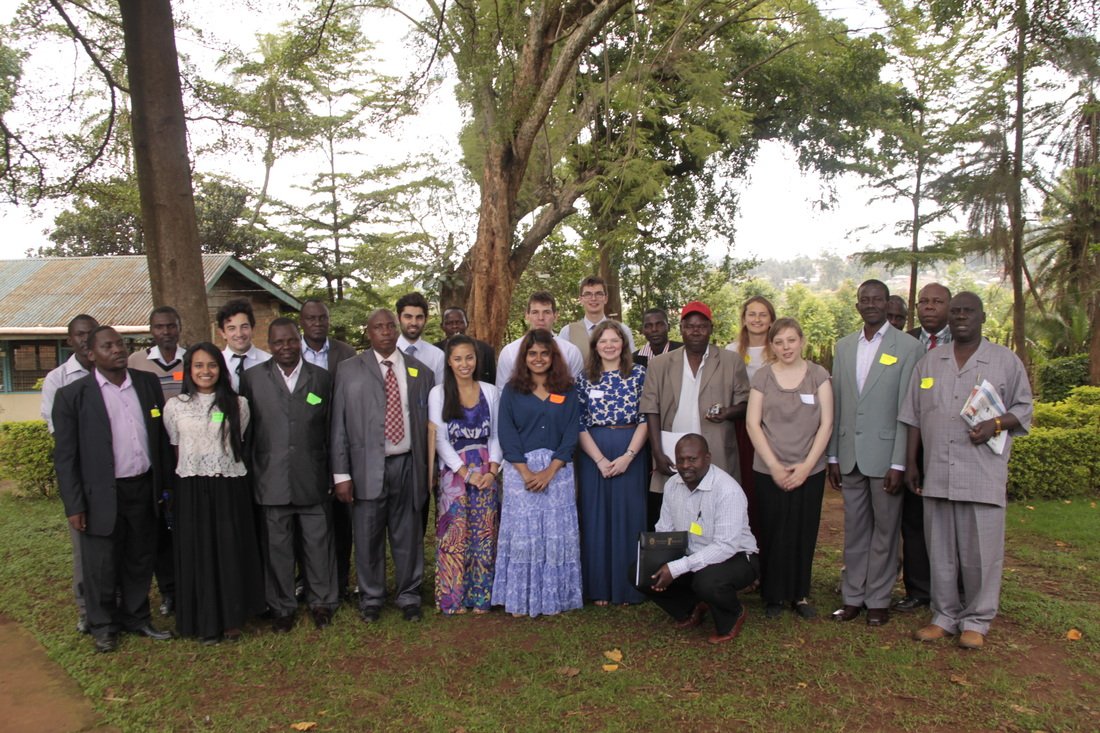
Goal #3 required the addition of a word to make grammatical sense, an error solely on my part.Then we took a closer look at goal #2 and realised that our cultural exchanges were anything but two-way. Not only are we diverse as a group of UK-based students (the Kisii Summer Team alone come from 3 different countries), but each person we meet in our schools, the village community or from wider Kenyan society has their own story and personal take on Gusii culture. We wanted to move from an ‘Us exchanging with Them’ mentality to a much more open and unassuming one. Thus the first amendment came to recognise the multiple levels of exchange possible when you immerse yourself in a community for eight weeks. An even longer time was spent deliberating over goal #1, which concerns the projects themselves. The Project Workers spent the two weeks between the conference and this second week meeting getting to know the situation of their schools and understanding the challenges they were going to work together to improve. Not all of these changes can be measured with a ruler or test score, nor would all the improvements be felt within the school itself. So it was unanimously decided that we should strive for “practical and qualitative, sustainable improvements in our schools and communities.” Goals might be moved by an insecure keeper to keep the ball out, or by a government not willing to admit it failed, but in this instance I think it shows humility, and an ever-improving understanding of the subtleties of our partnership with EPAfrica communities.



You must be logged in to post a comment.